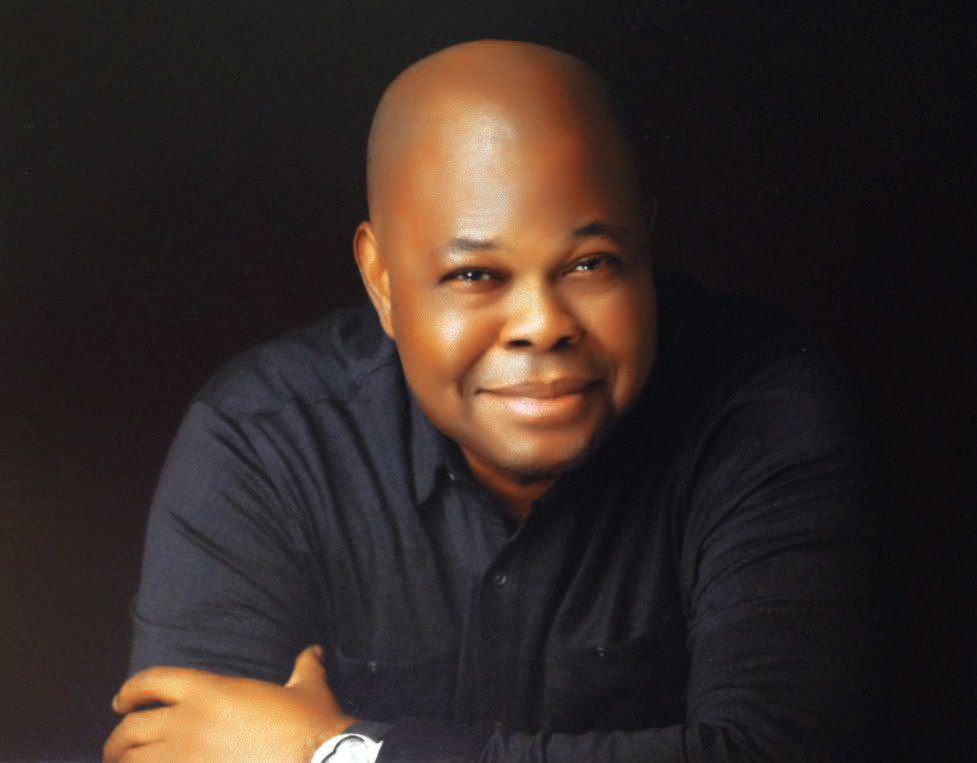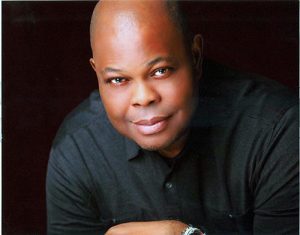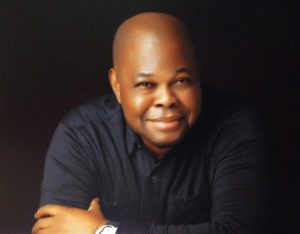This nagging question has been thrown at me for as long as I can remember. It intensified right after the publication of my book, “Biafra, The Horrors of War, The Story of a Child Soldier”. Each time I am asked this question, I attempt to propose answers along the line, that the story deserves exposition, teaching and an ultimate preservation for history, and also provides lessons of confession, atonement, commiseration, forgiveness and reconciliation.
Prior to writing this book, I had written multiple essays and blogs about the war and issues surrounding injustices in our country, most of them attracting reactions; some favourable, others downright negative, and even obnoxious.
The single hardest event of my entire 60 plus years on earth, was living through the pogrom in Kano, and into proper war in Biafra. It was an unforgettable period, a time of momentous trials and tribulations for anyone that lived through those times, especially for the children, the weak and the elderly. It is, therefore, difficult to forget those perilous times, and not be tempted or even compelled to talk and write about them in the most illustrative and descriptive manner possible, even if they provide graphic and disturbing propositions, orderings and renderings.
For over 50 years, the story of Biafra was buried somewhere deep in my psyche. I was very reluctant and disturbed about revisiting those horrible events. I preferred to conjure them in my inner thoughts, burying them in the crevices of my deep soul. Every now and then, I would have a dream of some of the events, often drifting into indescribable nightmares and scary recollections that still startles a grown man of my age. These nightmares came in different forms, some with cold sweats and shivers, and others, with outright voices and cries from beyond, urging me to tell their stories, to tell our sordid tales of horrors and sorrows. The more I ignored these injunctions, the more they became more prevalent and persistent.
These out-of-the-body occurrences came to a head during one of my visits to my home town of Awka, a town that witnessed the worst destruction in the hands of the Nigerian troops. As I settled down for a well-deserved night’s rest, I was transfixed in a dream that was more of a deep trance of a sort. In my sleep, I was encircled by hundreds of hungry, famished and dying children. I was holding in my hand, all but a small loaf of bread. I knew that it was impossible to feed these children with the little that I had. I was perplexed and in a state of flux and confusion. These children were all naked with bloated stomach, puffed cheeks and swollen feet, all perched on skeletal bodies and disappearing frames; all signs and symptoms of kwashiorkor, the deadly disease of the dying children of Biafra.
The children were all helplessly beckoning on me, and crying and begging for food, as most of them had not eaten any proper meal for weeks, if not months. I began to cry with the children, shaking so violently in my sleep with such helpless and hopeless abandon. This nightmare lasted for eternity and the reality of it jolted me out of my bed with my entire sleeping clothes and my bedding linens drenched in my hot tears and bodily sweats. As I sat on my bed at 2am contemplating, I knew that the stories of these children must be told.
From the sweaty and teary night, it became imperative to me, that the sepulchral history of that war and its atrocities must be told, and told boldly, and as truthfully as can be. In telling this story, we must all, as I have consistently done, do so not as a politicized or polarized recounting of it, but as a pedagogical exposition that will serve as tools to point us as a people, and as a country, to understanding our historical sordid past. And in so doing, provide us with an optimistic lesson that knowledge brings insights that help people change and heal.
It is obvious without equivocation that if we were allowed the ever so compelling privileges of studying and writing about the tragedies of that rancid war, especially that of the sordid killings of 3 million helpless people (mostly children), our country would have hearkened to the admonitions and brutal lessons that those disturbing periods afforded us.
For those who mistake my writings for the renewed cry for another Biafra, I call on them to carefully follow my writings and my positions and discover that I write and speak for a renewed Nigeria where justice, equity and fairness for all must prevail.
The reality that fuels the cry for a new Biafra is not lost in the fact that today, Nigeria has collapsed into a bleak future with scary and palpable feelings of foreboding that portends a devastated and a fragmented country. It is so difficult to figure out where this country has been driven to by those who won the war, taking all the bounty of the hallowed victory and then driving it to the brink of total collapse and catastrophe.
It seems clear to me that, for our country to grow and prosper, its constituent ethnicities must recount the histories of our wicked past, embrace them with sincerity, confess them truthfully, and reconcile ourselves with respect and profound love for one another.
I am not obsessed with the history of the Biafran tragedies and atrocities, but I am simply interested in truthfully telling it, and compelled to be irreverently outspoken with hard and harsh truths to these evils done to humanity.
Many have viciously criticized me for writing and speaking about Biafra. Their assumption is that I should shut up, and not to be ever assured of my story or of myself. These people want to take away my voice, and deprive me of a God-given duty of being a veritable enemy of those who clinically performed the pogrom, the genocide and the starvation that took the lives of those children. These vile and disgusting morons who committed these war crimes, and those who support them, must prepare to keep their dates with the devil in hell.
To those who wonder why I write and speak about this issue, I invite them to consider that the price of life is embedded in the knowledge of truth, and remind them that freedom and liberty in this country has never meant and felt the same for every citizens, and has more often than not, been conditional.
May my “obsession” with this story when consumed positively by all, spare us this unfortunate experience, and enable us to become tools and instruments in the hands of God for the repair of our past ugliness and our impending doom, as our country is engulfed and encircled in cataclysmic plundering, kidnapping, killings and other destructive elements that prove that we have not come full circle, and learned our lessons.
Okey Anueyiagu
Author,
Biafra, The Horrors of War.



